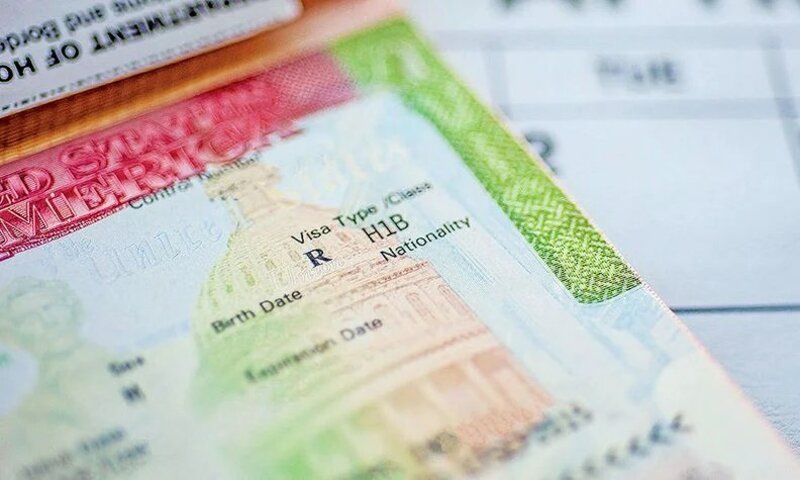Many of the world’s leading automotive manufacturers have announced their intention to transition to electric fleets over the next decade and have reinforced their commitment to advancing autonomous vehicles. Continued progress in these areas will, of course, depend upon the industry’s ability to leverage the latest technologies related to auto-mation and battery research.
The mass production and distribution of electric vehicles and advancements in the autonomous space will demand — and be contingent upon — the collaboration of a highly skilled, diverse work force composed of the world’s top talent.
Within the context of the auto industry’s ever-increasing demand for rapid technological advancement, a work force made up of individuals with varying backgrounds and cultures is essential to cultivate an innovative mindset. A diversity of ideas creates an environment conducive to developing new solutions to old problems. Variety of ideation also leads to the creation of automotive products geared to the preferences of international consumers, which is critical for success in the global economy.
A properly functioning employment-based immigration system can provide the auto industry with the diversity of talent and thought leadership needed not only to meet the challenges of the present but also to anticipate the needs of the future. The U.S. immigration system must do a better job of facilitating the efficient entry and continued employment of these highly skilled people. They typically have sophisticated skills and advanced academic and practical knowledge essential to the technological advances the U.S. auto industry needs to succeed.
Given the U.S. labor shortage — especially in the STEM fields — as well as the auto industry’s ongoing competition with technology companies and other industries for software engineers (a substantial percent of whom are foreign-born), the need for better access to this cadre of highly talented global technology professionals is great and growing.
Unfortunately, the U.S. immigration system is not meeting this need. The H-1B “visa lottery” system, which randomly selects the professional workers whom U.S. employers may hire to work in specialty fields, is an inappropriate mechanism for determining our nation’s access to critically needed workers. It is necessitated by an artificial cap on H-1B visa issuance and not tied to the demand for labor or any market factors.
The basic structure of the current H-1B quota was created more than 30 years ago, long before companies such as Alphabet (Google), Meta (Facebook) and Amazon existed. Like many employers, members of the auto industry are suffering from this outdated system, as it limits access to the best and the brightest workers from around the world.
Quotas are outdated
Moreover, there are approximately 200,000 to 300,000 immigrant visa (green card)applications languishing in our immigration system because of processing inefficiencies as well as another set of artificial quotas. Unsurprisingly, these quotas, which also were set decades ago, no longer serve the national interest and, in fact, act as a deterrent to retaining global talent in the auto industry.
According to the Michigan Mobility Institute, the U.S. auto industry will require 115,000 new workers in the next decade, including 45,000 engineers and 70,000 skilled trades workers.
To meet the industry’s current and future demand for highly skilled workers, a more agile, efficient and consistent system for attracting and retaining critically needed global workers is urgently needed.
The U.S. auto industry’s transition to EVs and its continued development of autonomous driving technologies requires access to the most skilled, diverse work force possible — regardless of nationality.
Foreign workers will be a critical component of filling this need. Our employment-based immigration system must, therefore, be brought into the 21st century so that it facilitates, rather than constrains, the growth of the industry.


